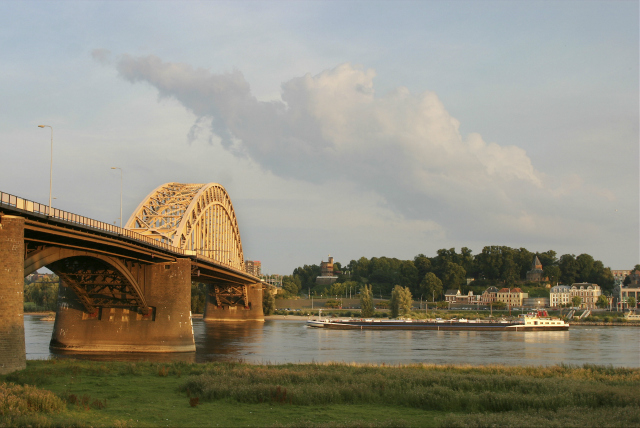Turkish researchers want to come to Nijmegen
-
 Photo: Dick van Aalst
Photo: Dick van Aalst
Turkish researchers are feeling uncertain about their futures in Turkey following the recent coup. Asli Özyürek, the first Turkish professor at Radboud University, has received numerous requests from Turkish researchers looking for unpaid work in Nijmegen.
At present, one-third of the research group led by Professor of Gesture, Language and Cognition Asli Özyürek consists of Turkish researchers. Turkey is her homeland and she returns regularly for her research on sign language for deaf children. The number of Turkish researchers may soon increase considering the numerous requests the professor has received from Turkish researchers looking for work in light of the unstable climate in Turkey. ‘They’re willing to work for free and I’m happy to welcome them with open arms. I can always use more people. If they work in my field and have their own funds, I can offer them a position.’
‘They’re willing to work for free’
Özyürek, who works at the Max Planck Institute in Nijmegen, is pleased to see that a German fund has been established for Turkish researchers who were forced to flee the country after the coup. At the same time, she finds it regrettable that the Dutch government has not earmarked similar funds. She also finds the procedure for carrying out research in the Netherlands, which includes applying for a visa, complex and time-consuming. ‘It would be a nice gesture if the government and the universities could simplify this procedure in urgent situations like these.’
Have any of your colleagues lost their jobs?
‘No, my immediate colleagues work in psycholinguistics, a field in which politics plays no role. I think social scientists and historians are more at risk. People are still being investigated as we speak.’
Replacing management
Asli Özyürek regularly visits schools for deaf children in Turkey and plans to continue to do so in the future. ‘A new research trip is scheduled for October. I’ll be heading over there with three of my researchers and bags full of equipment. It will be interesting to see how we’ll be received this time. Many schools, including those for the deaf, are replacing their management. We’ll have to wait and see whether the new management will be just as willing to work with us.’
But that won’t stop you from going.
‘The grant I received from the NWO [Netherlands Organisation for Scientific Research, ed.] was specifically geared towards conducting research in Turkey. I can’t use the grant for anything else. Like me, my researchers were also appointed by Radboud University. I don’t expect that things will have settled down by next month, but that won’t stop me from going.’
The Turkish authorities claim that fifteen universities have closed so far. And despite what some Turkish sources claim, this hasn’t sparked a mass exodus of Turkish researchers. The Association of Universities in the Netherlands (VNSU) has no plans to establish a special fund, nor does Nuffic, the Dutch organisation for internationalisation in education.
Staff of Nuffic’s subsidiary office have noted that more Turkish students are requesting information about studying in the Netherlands. However, according to a spokesperson, it may be a while before those students actually travel to the Netherlands. ‘Students interested in coming here now can start a Dutch programme in September 2017 at the earliest.’




R schreef op 8 september 2016 om 18:42
Tansu Celikel is not a turkish professor?
Martine Zuidweg schreef op 12 september 2016 om 10:36
Thank you for your remark. You are wright. Celikel is also a Turkisch prof. I will correct the text.